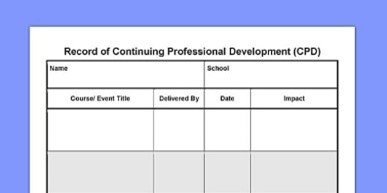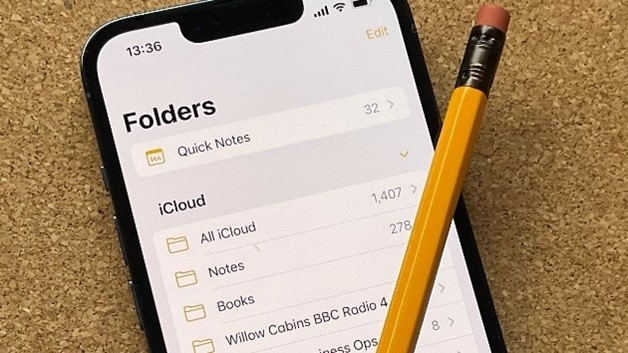Top tips to build a habit of Reflection
Top tip 1: Make it part of your everyday
To make the most of the reflect stage of your Future Me planning, build it into your everyday. This might be in conversations with friends between classes, spending five minutes reflecting on a couple of key questions after any learning, talking with a supervisor about a project or thinking back over the day on your way back from campus. This will make sure you make the most of your experiences – and give you some space to think about your future me.
Top tip 2: Make it social!
Working with others can help to keep you motivated to reflect. Try teaming up with friends, other students or colleagues for a regular reflection session. Or try some peer coaching by pairing up with someone who you feel could help you think things through. This can be something formal or a weekly chat over coffee – whatever works for you! Remember the opportunities through MentorMe too – a mentor can really help you to reflect.
Top tip 3: Have some Go-to Questions
Have some go-to questions to get feedback and inform your reflections. You need to find questions that work for you but some starter questions follow:
- Go-to questions to help you think through:
- What am I most proud of from this experience/from today/this semester?
- What was my biggest challenge today/this week/this semester?
- What did I learn from this experience? How am I going to use this in my future me planning?
- Go-to questions to ask others for feedback:
- When do you see me at my best?
- What one thing do you think I could be doing more of? (Even better if you can be specific about the subject, e.g. in this project, in my communication to other students).
- What one thing do you think I could be doing less of?
- What one thing could have made it even better?
Top tip 4: capture your reflections in a way that works for you
Writing things down doesn’t just help you remember, it makes you focus on what is important to you.
Research shows that you are 42% more likely to carry out your goals just by writing them down.
Locke, E. A., & Latham, G. P. (2012). New Developments in Goal Setting and Task Performance. Taylor and Francis. http://www.123library.org/book_details/?id=60193
How you do this is a personal choice – find out what works best for you. There are some ideas here to get you started.




Want to find out more?
For examples of reflective writing for an assignment, see these examples from the University of South Wales (Sydney)
Here are some further sources which are available via MMU library.
- Stella Cottrell’s book in the university library has some guidance on reflective writing. Cottrell, S. (2019). The study skills handbook (Fifth edition). Red Globe Press.
- Barbara Bassot’s book provides a userful overview of refelcitive theory and practice. Bassot, B. (2023). The reflective practice guide : an interdisciplinary approach to critical reflection (Second edition). Routledge, Taylor & Francis Group.
Go to the University library to find useful sources to inspire you.
Let’s talk about reflection
In Conversation with… a Textile Artist
In this video Mâir Bull (Future Me Plan’s academic Lead) talks to Lesley Raven from Manchester Fashion Institute (MFI). Although Lesley is a member of teaching staff at Manchester Met, she is also a student completing her Doctorate in Education with Staffordshire University. Lesley’s area of research is reflective practice and so in this video Lesley shares her experiences, tips and suggestions for understanding and integrating reflective practice into our lives.
Pen Portrait
These aren’t real people but imagined ways the framework might be used. Over time, we would like to replace these pen portraits with real-life examples, if you have a story to share please get in touch: futuremeplan@mmu.ac.uk.
Need help?
If you have questions about Future me plan, talk to your Programme or Personal Tutor, or get in touch: futuremeplan@mmu.ac.uk.
Mâir Bull
Future me plan
Academic Lead
Click ‘Mark Complete’ below before continuing.









